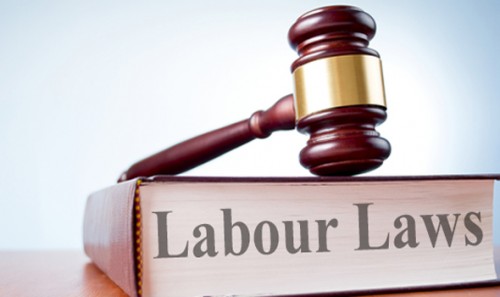- 2017: Introduced in Lok Sabha first.
- Subsumes following 4 Acts:
- Payment of Wages Act, 1926.
- Minimum Wages Act, 1948.
- Payment of Bonus Act, 1965.
- Equal Remuneration Act, 1976.
- Object: To transform old and obsolete labour laws.
- Universalizes the provision of minimum wages and timely payment of wages to employees, irrespective of sectors.
- Central Government will fix floor wages taking into account living standard of workers.
- It may also fix different floor wages for different geographical areas.
- Minimum wages to be fixed higher than floor wages.
- Advisory boards to be constituted by the Central Government and state governments to advise government on issues of fixation of minimum wages, increasing employment opportunities for women etc.
- Prohibits gender discrimination in matters of payment of wages and recruitment.
- Constitutional Provisions:
- Article 43: state shall endeavor to secure to all workers a living wage and conditions of work ensuring a decent standard of life.
- Labour is the subject of Concurrent List.
- Expert committee headed by Anoop Satpathy, submitted report on Determining the Methodology for Fixation of the National Minimum Wage.
Monday, March 23, 2020
Wage Code Bill, 2019
Labels:
General Studies for Exams,
judiciary,
labour,
law,
UPSC
Subscribe to:
Post Comments (Atom)

No comments:
Post a Comment